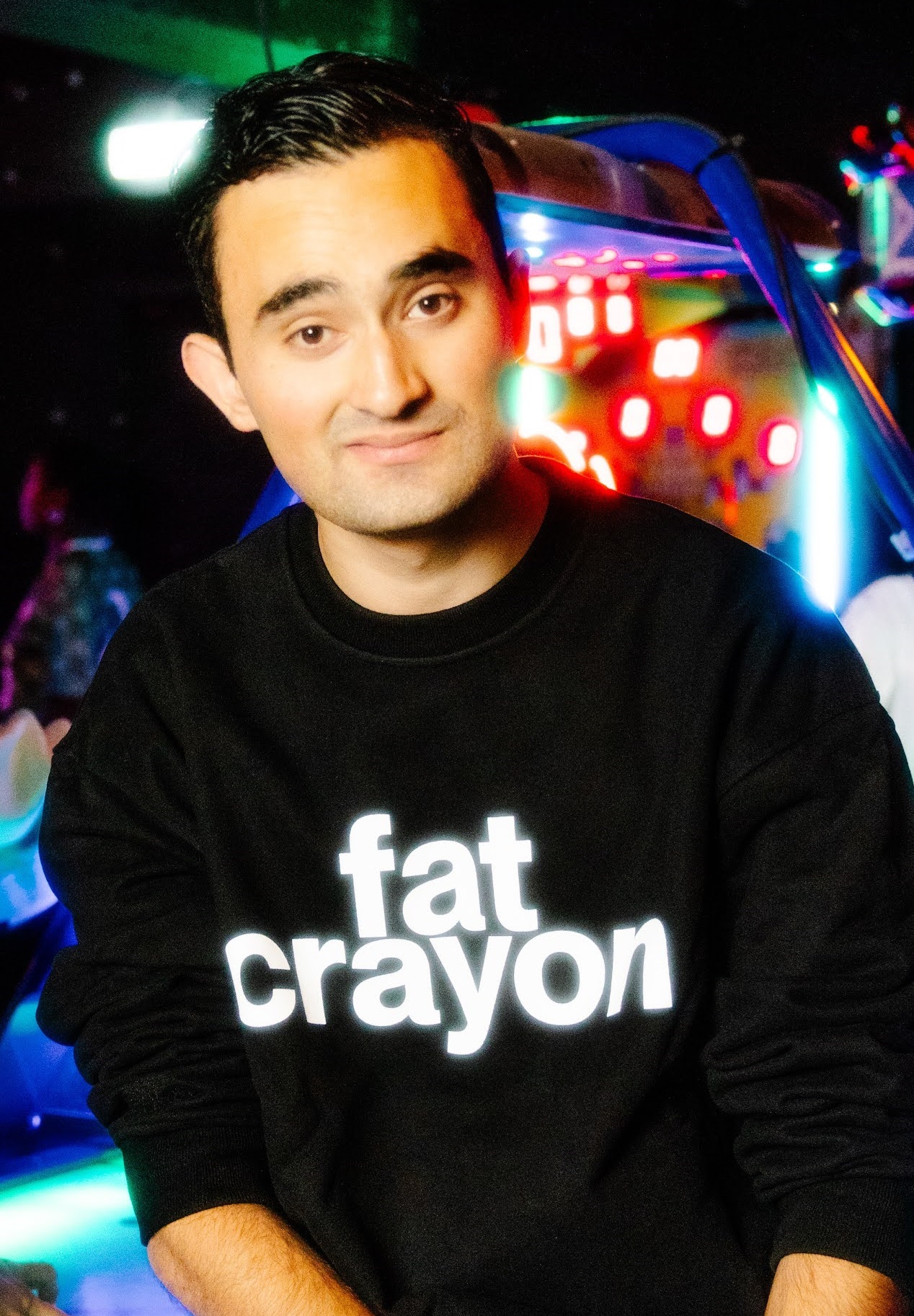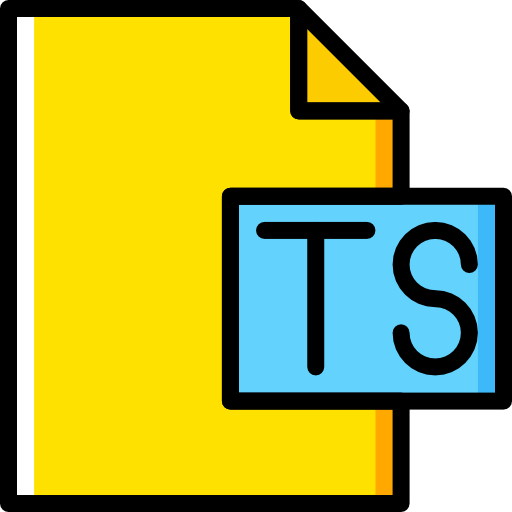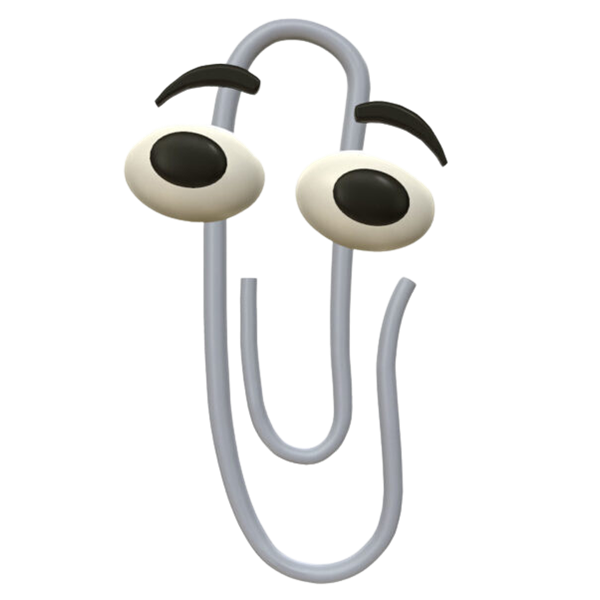
Steven Koerts
Software Engineer, Programmer, Web Developer and Storyteller.
Tech Stack

Bio.txt

open_mic.jpg

SDAM4LIFE.png

Blog

Bin
Bio
Steven Koerts (1997) (Rotterdam, The Netherlands) is a software engineer, web developer and a passionate storyteller. He graduated in 2020 from a Bachelor (BSc) of Computer Science from the Rotterdam University of Applied Sciences. Steven has worked for IT Startups and Digital Agencies. His work experience varies from small business websites to large scale applications. Large scale web applications come with another level of complexity, having to build multiple 3rd party integrations and dealing with external stakeholders that are located all over the globe.
Some examples of clients and projects include:
- FrieslandCampina
- Van Oord
- Visma Yuki
- Gender diversity dashboard - Rijksoverheid
- zelfzorg.nl
- Stichting Timon
- Refresco
- De Beren
These projects are built and maintained on a voluntary basis, with love for the community.
In the evening and weekends you could spot Steven performing stand-up comedy, poetry or spokenword at an open mic event.
Open Mic Life
A picture of me at my best when I hit the stage.

Ode aan Schiedam
Ter gelegenheid van 750 jaar stadsrechten Schiedam heb ik een storytelling platform gebouwd om zoveel mogelijk verhalen uit de stad te verzamelen. Deel jouw verhaal met de stad en breng een mooie ode!
Bekijk de site op odeaanschiedam.nl


blog1.txt

Func.ts

The90sWeb.exe

MyBooks.txt
Why I love the internet of the 90s
FYI: I'm born in 1997, so what do I know. ;)
The possibilities of modern web applications are becomming more and more advanced. With the rise of new technologies like React, Angular and Vue.js, the web is changing rapidly. With just HTML, Javascript and CSS you can build a full scale application.

But, what about the old days? The days of the internet of the 90s. The days of the blink tag, the marquee tag or the headbanging_banana.gif.





The internet allowed you to have a personal homepage (PHP, no pun intended) where you can just express yourself. A little online creative space where you show to the world who you are (or who you are not, depending on your point of view).
The 90s web is the inspiration for this website. Since I am the only maintainer of my portfolio website, why should I configure a complicated CMS, maintain a database and have a complex build process?
I can just write some HTML, CSS and Javascript on a single file and put it on the internet. The 90s seemed to have figured out simplicity perfectly. No need for a fancy build process, no need for a database, no need for a CMS. By removing unnescary complexity, you also reduce the risk of breaking things in the future. Think of it like a car, the more features it has, the more things can break.
Why even have CSS and Javascript?
HTML provides enough functionality to get your point across.
It is a markup language after all. Look at motherfuckingwebsite.com/
They seem to have gotten the memo.
Being able to write a piece of text and put it live through a single document is a very elegant way of maintaining a website. Look at the YAGNI principle. By going back to the basics, it gives room to think about the essence why you are creating something in the first place.
Sidenote: Who remembers hyves.nl, or were you more of a myspace kind of person?
What to do with your thoughts?
(Put them on the internet!)The idea of having a personal website is a good way to express creativity. From old style 90s websites and personalized homepages to big multinational brands. Having a place where you can try new idea's and directly share them with the wonderfull world of the wide web gives a feeling of ultimate freedom. Whether you put your idea's on some sticky notes on the wall, or in a public directory for everyone to see. Writing it down and sharing your thoughts is the first step towards realization.
Don't be affraid to share new idea's and random thoughts. Just make stuff, throw it into the world and let the people respond to it.
The beauty of functional programming
Functional Programming is one of those skills that not every programmer has and where the opinions among developers deviate whether they think it is usefull, or not. Where one programmer will see pure beauty within closures, lambda expressions, immutability, function compositions and curried functions. Others are completely confused by the syntax.
Functional Programming might not get you a job in the real world, but it definitely gives the engineer a higher level of understanding about the computer science world. In most cases you probably also don't need any functional programming knowledge. Nevertheless, the few programmers who know it will be able to set themselves apart from the crowd.
I am one of those programmers who sees the beauty within functional programming paradigms and once in a while it is nice to fiddle some draft functions in a blanco project.
Let's take a look at the above code snippet written in Typescript, that I picked up while following a software engineering minor and that I still use today. (Guess what, something I learned in school is still usefull.)
The snippet includes an interface Func, that simulates the structure of a lambda, simular to the
Func in C#.
Each attribute is a function.
Where:
- f: Is the orignal expression.
- then: A function composition that composes two functions and returns them as one.
- repeat: Mimics the concept of a loop by composing the same function n-times.
- repeatUntil: Mimics the concept of a do while by also composing the function based on a guard condition.
Understanding every inch of these concepts is a long road. Eventually functional programming practices the concept of writing code that doesn't break over time. Being able to write code that does not break, that sounds like music to my ears and that is what every self respecting developer tries to strive towards.
So, are you ready to give functional programming a chance?
Tech Books
This is a list of books that I either picked up during my studies or picked up later on in my spare time. These books are nice way to get new insights, or just to refresh my memory.
- Algorithms to Live By: The Computer Science of Human Decisions - Brian Christian & Tom Griffiths
- The Pragmatic Programmer: journey to mastery - Andrew Hunt & David Thomas
- Database Management Systems - Raghu Ramakrishnan & Johannes Gehrke
- Design Patterns: Elements of Reusable Object-Oriented Software - Erich Gamma, Richard Helm, Ralph Johnson, John Vlissides
- Clean Code - Robert C. Martin
Always keep learning!
Trash Bin
PRO TIP: Don't throw away any of your code, keep everything you write.
You never know when you need it again. As a software developer your code is your most valuable asset.
I store all of my past code in my Github Gist.
For instance this barcode scanner I wrote for zelfzorg.nl: